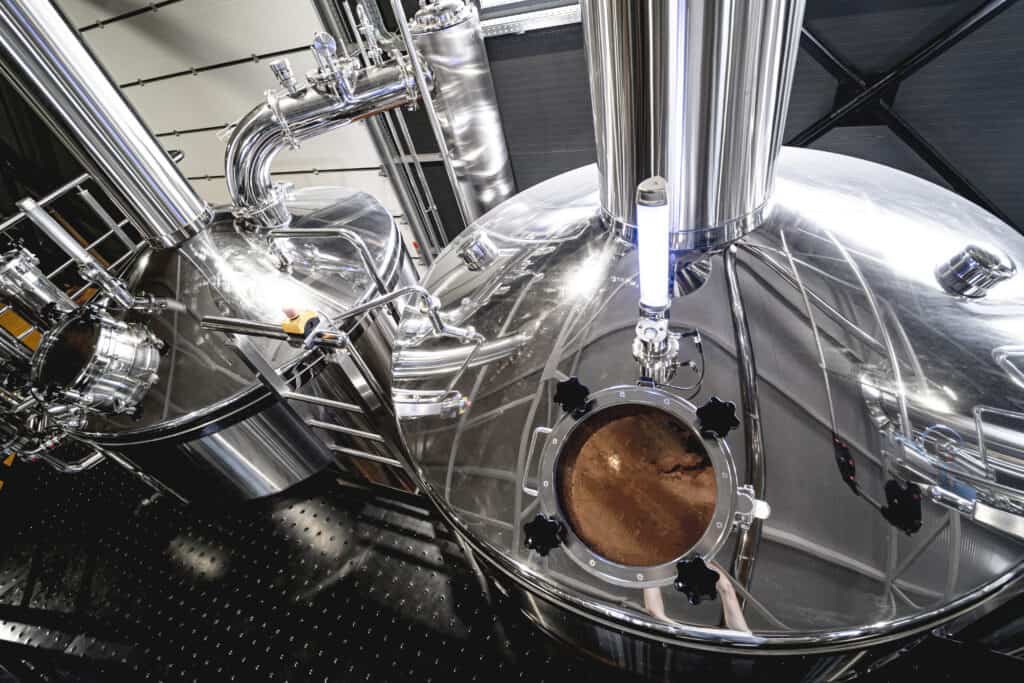The Profession of Metal Polisher
The job of a metal polisher is one that requires exceptional precision and is well suited for individuals who strive for perfection. Despite being relatively unknown, this profession offers numerous benefits for skilled workers seeking to produce high-quality results. Discover everything you need to know about this profession, including the essential skills required and the necessary training to excel in a polisher job.
Our job offers
Polisseur – Offre I1
Saint-Augustin-de-Desmaures
Temps plein
Permanent
Quart de jour – Horaire flexible
Contrat à durée indéterminée
Plusieurs postes à combler
De 24,00$ à 31,00$ de l’heure
Tu as une formation de polisseur ou tu as de l’expérience dans le domaine ? Tu aimes les défis et aimerais avoir l’occasion de te développer dans le domaine ? Tu voudrais faire partie d’une équipe soudée et dynamique ? Nous avons plusieurs opportunités d’emploi à te proposer !
Training Required to Become a Metal Polisher
Becoming a proficient metal polisher requires completing an apprenticeship program in a workplace setting, rather than pursuing formal vocational training commonly found in the industrial sector. Typically, this apprenticeship spans 18 months and covers polishing techniques for both rectangular and cylindrical parts, as well as comprehensive repair procedures. Professionals seeking to enhance their skills in repair work can extend their apprenticeship by an additional six months.

Skills and Responsibilities of a Metal Polisher
The primary responsibility of a metal polisher is to achieve a flawless finish on metal parts. This involves employing a combination of semi-automatic and manual techniques, utilizing tools such as grinding wheels, sanders, grinders, and polishing products. Beyond mastering the tools, a polisher must possess the ability to apply these products effectively, resulting in impeccable and blemish-free surfaces.
Attention to detail and meticulousness are paramount for a successful polisher. A sharp visual acuity is essential for identifying and rectifying imperfections on the surfaces being polished. Furthermore, an awareness of potential heat-induced deformations in the metal is crucial.
Given the potential weight of the parts being handled, a polisher must maintain good physical health and fitness.
A skilled polisher is capable of working with both round and straight metal parts, independently planning and executing necessary tasks. This requires the ability to envision the sequential steps required to complete a project, while also determining the most suitable tools and techniques to achieve a superior finish.
Mastery of these essential competencies is a prerequisite for obtaining a professional qualification certificate. A polisher with expertise in repair work can also earn an additional competency certificate in recognition of their specialized skill set.
Average Salary of a Metal Polisher
The average salary for a metal polisher ranges around $35,000, although this can vary based on years of experience. It is worth noting that proficiency in repair work can lead to higher earnings with certain employers.

Our other job offers
Our industrial welder assembler employees handle the installation and repair of welding equipment, execute welding on equipment parts, and perform reinforcement-related tasks. Moreover, they must ensure proper monitoring and interpretation of plans.
Our high-pressure welders in industrial jobs assemble and weld metal parts and pipes on devices where liquids and vapors circulate under pressure.
Industrial mechanics perform a variety of essential tasks for the proper functioning of industrial equipment, including maintenance, repair, installation, and modification of various equipment.
As industrial job workers in the production field, our labour is responsible for manufacturing various goods.
Machinists in industrial jobs operate and control machine tools to produce precision instruments and parts.
Our industrial painters apply paint on an array of surfaces, equipment, or parts.
Our production foremen efficiently organize work and projects in both on-site and factory settings for various industrial jobs.
Industrial pipefitting professionals work on pipe networks that transport liquids and gases at diverse pressures and temperatures.
Our industrial job polishers produce items with a perfectly smooth and uniform finish, polishing metal parts using tools such as grinding wheels, grinders, and sanders.
Industrial electricians maintain and enhance electrical installations to optimize performance and ensure proper operation.
Working in industrial assembly and fitting jobs involves various sectors. Our assembler-fitters perform tasks such as:
- reading and interpreting assembly plans and diagrams;
- fabricating, assembling, and fitting the structure;
- applying manufacturing, bolting, welding, rigging, and assembly processes.
Mechanical engineers in industrial jobs study, design, and develop heating, air conditioning, and ventilation devices and systems.
Industrial job electromechanics are responsible for maintaining, testing, restoring, and repairing components like electrical devices, electric motors, transformers, and connection equipment.
Our industrial job heavy equipment mechanics inspect, maintain, repair, and adjust various components and systems of heavy machinery, complying with each system's standards.


